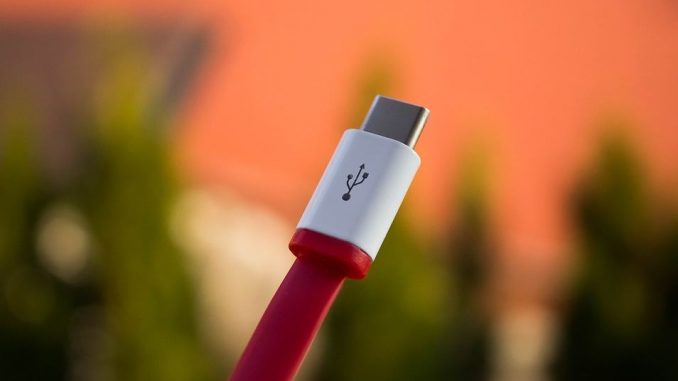
Intel revealed that it will replace the analog connector, the 3.5mm headphone jack, with USB-C. The decision was finalized at the developer’s conference this month where the company cited many advantages of such a transition.
The analog source of data may soon be replaced with a digital one. In layman’s language, the old, comforting headphone jack may be on its way out as Intel seeks to replace it with USB-C.
The 3.5mm headphone connector became one of the must-have features of mp3 players, mobile phones, and other devices, and now, the very same feature’s existence is threatened as trend shifters are looking at the digital port as a multi-purpose source of data.
At Intel’s developer conference in China a couple of weeks back, one of the main points of discussion was this – replacement of headphone jacks with USB-C. The advantages of doing so were also laid out on the table. The first and most obvious advantage was cited as better sound and higher-quality headphones, followed by power for functions such as noise-cancelation headphones, and further options for remote controls.
It could also allow more room for processors or batteries by moving the headphone components to a more compact space within the device, not to mention slim down some handsets by negating the need for batteries.
However, it seems Intel can’t entirely take the credit for this thought. Apple is rumored to be implementing a similar idea on its next flagship model, iPhone 7, although some say the phone maker is likely to go for its own Lightning connector instead of USB-C. Just how true these rumors are, is something we’ll get to know once the highly anticipated model comes out in all its glory.
Now that the wheel has been set in motion, it looks like the beloved headphone jack is about to die a digital death once the cheaper alternatives are in place. With the company going for USB-C, Intel hopes people would flock to this “alternative” rather than gravitate towards Lightning-powered Beats.
Leave a Reply